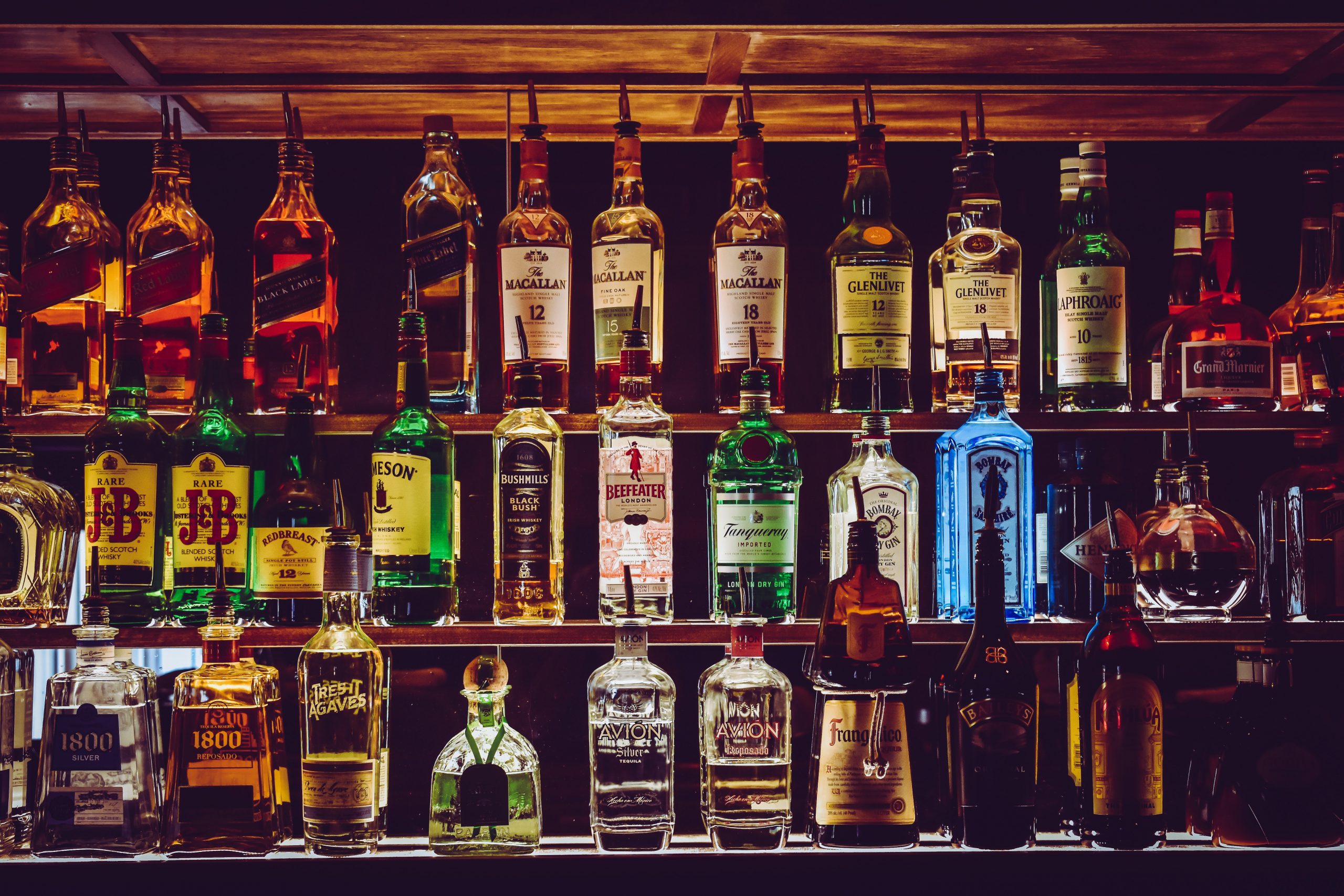A story in Wednesday’s edition exposed the fact that two downtown bars, the Discotheque and Joker (Vegas Show Girls) Lounge, are operating without valid liquor licenses, leading many readers to ask what an alcohol license is and why they are needed.
An alcohol license is basically an annual tax paid by business owners for the privilege to serve alcoholic beverages to the public. However, there are responsibilities that go along with holding such a license.
Alcohol sales tax and licensing account for a large portion of the city’s annual income.
MORE: The Strippers Are Wearing Masks, But The Club Doesn’t Have A Valid Liquor License
While the process to obtain a state license is pretty straightforward, one must start at the local level. That can be a lengthy process.
First, the local applicant must be an individual with ownership of some kind in the proposed business.
The applicant must conduct a professionally-produced land survey proving distance requirements under the state and local laws.
An establishment serving on-premise alcohol must be at least 300 yards from churches, schools, libraries and public parks. For retail sales, the applicant must also prove with a survey that the establishment is at least a mile and a half away from any other liquor retailer.
[adrotate banner=”19″]
Next, the applicant has to produce a deed or lease on the property, proof of residency in the county, a financial statement explaining where the funds for the start up business are being sourced, provide a list of personnel and corporate officers, undergo a criminal background check and be photographed and fingerprinted.
Having a criminal background is not necessarily disqualifying unless the crime committed involved alcohol, such as a felony DUI. However, anyone who has had an alcohol license revoked in the past cannot qualify for a license.
The applicant then must show proof of a fire department inspection and for on premise consumption an inspection by the county health department. This requirement is likely the reason no one has attempted to bring back the fabled Squeaky’s Tip Top.
That legendary building would have to be torn down and rebuilt to pass the health codes.
Once all of the above is complete, the applicant must take out a legal ad informing the public of the intent to sell alcohol on premise and any objections are recorded by the Planning and Zoning Department.
If all the paperwork is in order, then the application process moves to the Augusta Commission for approval.
There are actually several different types of licenses: retail beer and wine, retail beer, wine and liquor, on premise beer and wine, on premise beer, wine and liquor, special event beer, wine, and liquor as well as beer, wine and liquor to include dance.
Yes, there is a license to allow for clothed dancing in an establishment serving liquor, but there currently is not one for unclothed dancing and the serving of alcohol unless the establishment is located in an industrial area.
[adrotate banner=”23″]
Then come the costs to obtain the local permit. While some licenses can be prorated on the building’s occupancy, the basic charges are $3,000 for liquor, $625 for wine and $625 for beer. So most establishments serving drinks pay roughly $4,250 per year to the city for the privilege of having the license.
Once the local license is approved, the individual then applies to the state which as noted, is really nothing more than a rubber stamp that comes with a $1,000 fee.
Getting the license is only half the battle. Keeping it is a whole different matter.
The Georgia Department of Revenue and local vice squad units conduct sting operations that all but entice bartenders and retail alcohol merchants to sell to underage people. Should such a thing occur, the holder of the alcohol license is liable.
There have been situations where bars have been subject to civil litigation for over-serving patrons and the license owner found liable.
Not that either of the downtown bars in question have ever been involved in such a scenario, but it does beg the question of who could be sued in such a situation where the owner of an alcohol license is deceased? If the city allowed the establishment to operate without a valid license, are they somewhat liable?
MORE: Rules May Change on Sunday Alcohol Sales in Richmond County
The attorneys that The Augusta Press spoke to differ on that matter, with some saying that the city would face some sort of liability for allowing such an arrangement that has a deceased person as a liquor license holder and others saying such a liability for taxpayers is a bit of a long stretch.
That portion of law is untested territory because cities throughout Georgia maintain strict controls on who is allowed to maintain an alcohol license.
But apparently, the city of Augusta, by way of its very own elected commission with the advice of its legal council, does not.
Scott Hudson is the Managing Editor of The Augusta Press. Reach him at scott@theaugustapress.com.
[adrotate banner=”50″]













